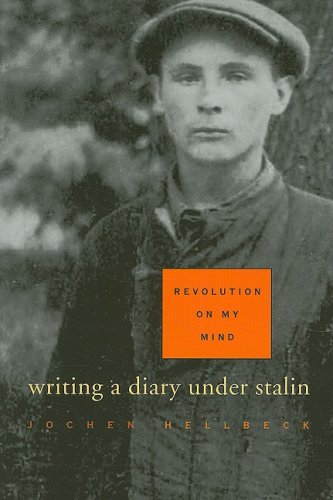Author: Herbert Spencer, English philosopher
Context: 1857, prior to Darwin’s “The Origin of Species”, on the tail-end of the first Industrial Revolution
Language: inquisitive and scholarly; here he asked what social progress really meant and whether it should be redefined
Audience: the intelligent but uninformed, more specifically those interested in philosophy and anthropology
Intent: to direct scholars’ attention to another way of thinking about society and social progress; until this time most were under the impression that social progress meant that societies were improving the standard of living. Spencer argued instead that social progress meant that people were living on more equal terms rather than on better terms in general.
Message: The point that Spencer tried to make in this essay was that people needed to rethink what they knew about social progress. Until this time people thought that social progress was the improvement of the quality of life through the advancement of technology. Instead, social progress meant that different factions of society were becoming more equal rather than just finding their lives easier. He analogized social progress to that of organic progress; that all organisms grow in the same way, from homogeneous to heterogeneous. He said that all forms of progress take this course, including social progress. He said that social progress had been doing so due to the division of labor, specialization, and the intervention of government. Society had been dividing itself based on what individuals within a community practiced, and how the need for trade arose as a result of this specialization, which in turn leads to an even greater level of subdivision, that of playing a single part in the creation of a final product.

 Has diary writing survived? Is there something comparable now?
Has diary writing survived? Is there something comparable now? Consider them in the context of popular social networks. Imagine the most cautious user — only friends can see their posts, does not use an accurate identifying picture, and only accepts requests from close, close, friends. Their records can be obtained by any determined individual, similar to the Stalinist state. But, our user runs this risk. On such sites, our user hopes to associate and connect with like-minded individuals. Is this not what Podlubni hopes to accomplish? A connection with the other members of his State through the fashioning of his personality, of his “Stalinist soul”.
Consider them in the context of popular social networks. Imagine the most cautious user — only friends can see their posts, does not use an accurate identifying picture, and only accepts requests from close, close, friends. Their records can be obtained by any determined individual, similar to the Stalinist state. But, our user runs this risk. On such sites, our user hopes to associate and connect with like-minded individuals. Is this not what Podlubni hopes to accomplish? A connection with the other members of his State through the fashioning of his personality, of his “Stalinist soul”.